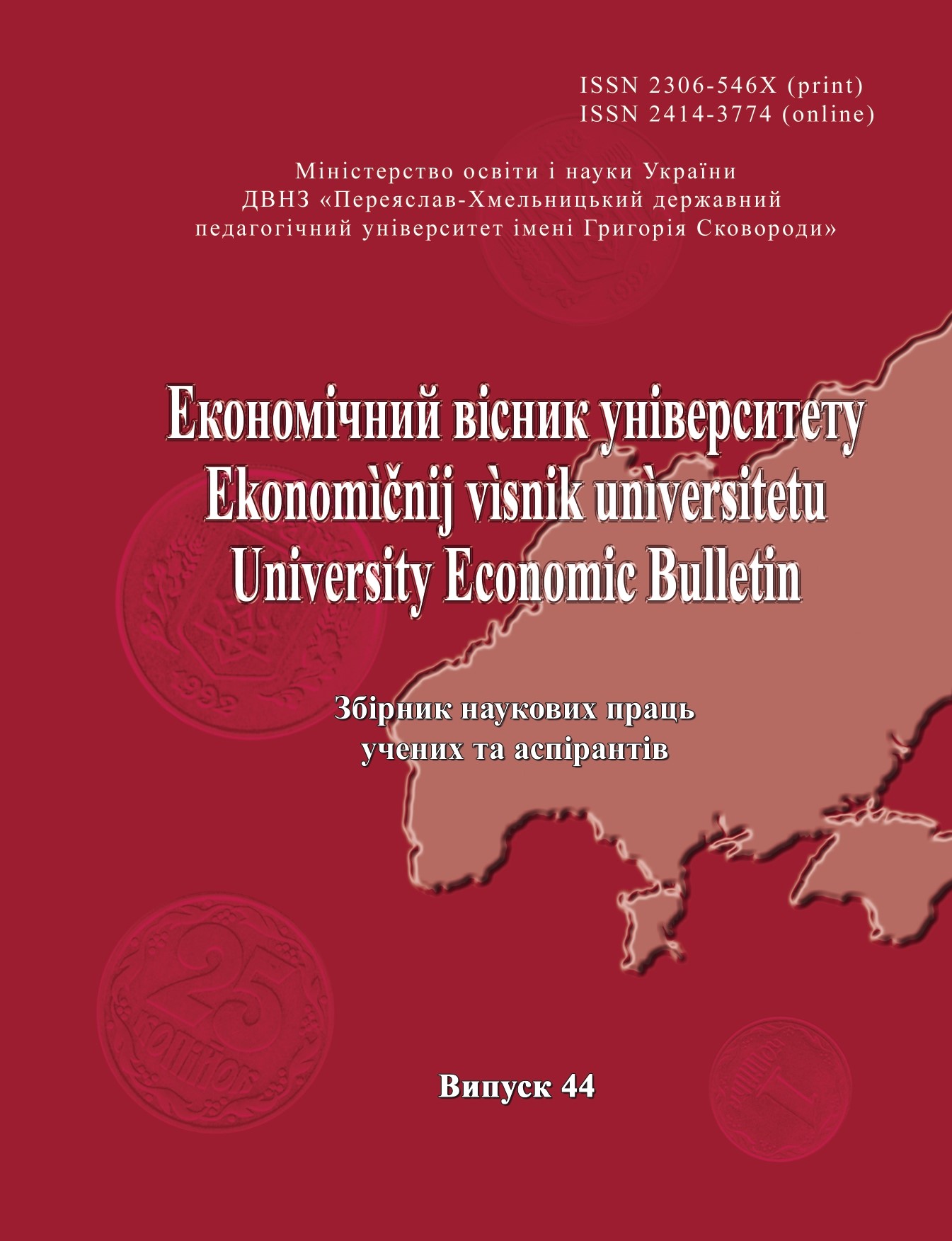Історико-економічний аналіз співробітництва Міжнародного валютного фонду та України в розрізі сучасних викликів
Historical and economic analysis of cooperation between the International Monetary Fund and Ukraine in the context of modern challenges
Author(s): Volodymyr Studinski, Karina RoshkarSubject(s): Supranational / Global Economy, Regional Geography, Economic history, Public Finances, Fiscal Politics / Budgeting
Published by: Університет Григорія Сковороди в Переяславі
Keywords: International Monetary Fund; Ukraine; cooperation; borrowing; financial resources; balance of payments; credit programs;
Summary/Abstract: The article an attempt was made to trace the historical path of cooperation between Ukraine and the International Monetary Fund from the early 1990s, when Ukraine gained independence, to the present. The purpose of the International Monetary Fund's activity has been defined in Article I of the Fund's Statute and is to promote: international monetary cooperation; expansion and balanced growth of international trade;exchange rate stability, maintenance of proper exchange between participants; the creation of a multilateral system of payments for current transactions between members and the elimination of currency restrictions that impede the growth of world trade; reduction of terms and degree of imbalance of participants' balance of payments. The main task of Ukraine's cooperation with the International Monetary Fund is financial support and development of the economy as a whole, as well as its restructuring from a planned administrative type to a market one. In addition, Ukraine has been experiencing a difficult period since 2014 in the context of military conflict with the Russian Federation, as well as the loss of part of its territories that played an appropriate economic role in the country's life. The International Monetary Fund has become a major donor in such a difficult environment.The International Monetary Fund is a unique organization in the world in the number and diversity of member countries, while maintaining the status of a lender of last resort in the event of financial crises.The International Monetary Fund provides foreign currency loans to Member States for two purposes: to cover the balance of payments deficit (actually to replenish official foreign exchange reserves) and to support macroeconomic stabilization and structural adjustment of the economy (lending to government budget expenditures). As a result of the study, the authors concluded that Ukraine's cooperation with the IMF had several historical stages, characterized by its specificity and peculiarities. Also, cooperation between Ukraine and the International Monetary Fund has both positive and negative points. At the same time, without such cooperation, it is difficult, and often impossible, for Ukraine to maintain its balance of payments, forcing the country to continue working together with this reputable world institution.
Journal: Економічний вісник університету
- Issue Year: 2020
- Issue No: 44
- Page Range: 165-171
- Page Count: 7
- Language: Ukrainian

